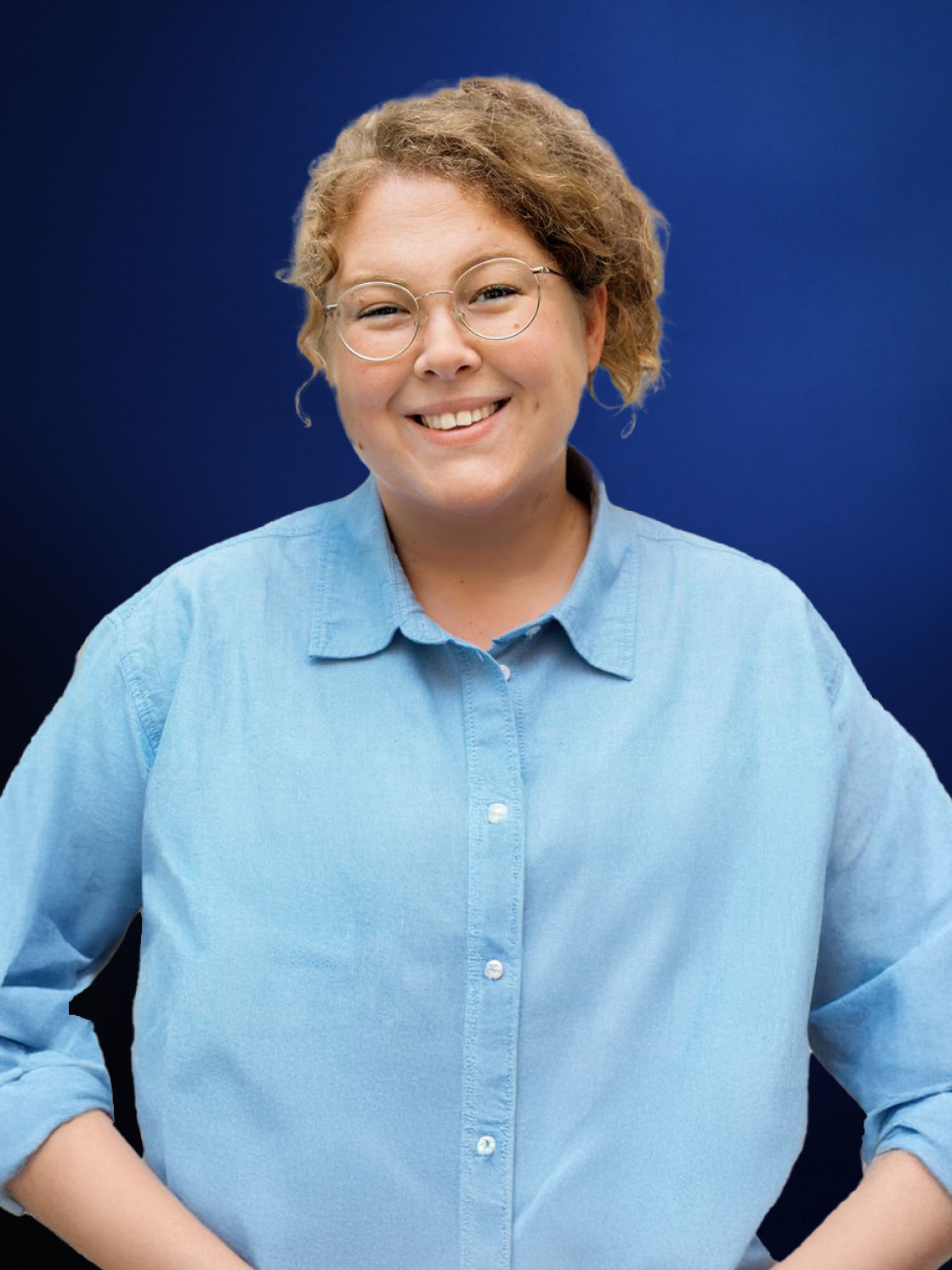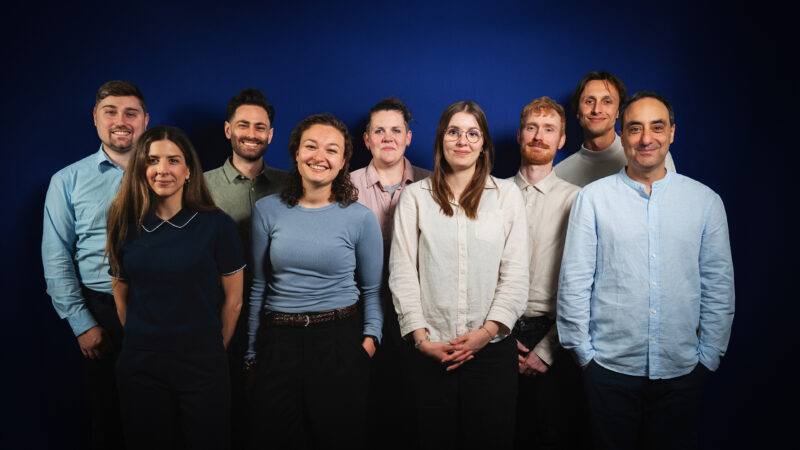- Project
- Opportunities
The Initial Capital

Published
March 17, 2025
Methodology
Representative Survey
Status
ongoing
Background
We observe that many people do not have sufficient opportunities to lead a self-determined life and that their prospects for advancement remain blocked. While access to education remains an essential prerequisite for social advancement, the opportunity to build up independent wealth plays an equally important role. If a country’s wealth is extremely unevenly distributed, this has a significant impact on social mobility.
In order to make independent financial decisions and build up wealth, both are therefore necessary: start-up capital that can be invested, for example, and related educational measures (e.g. financial education).
The Initial capital is intended to help reduce inequality of opportunity in Germany by starting early in life and empowering socially disadvantaged individuals to make self-determined decisions. It is thus intended to contribute to the material basis that the promise of upward mobility needs in order to be viable in practice. We see material and intellectual resources as inextricably intertwined.
You are currently viewing a placeholder content from YouTube. To access the actual content, click the button below. Please note that doing so will share data with third-party providers.
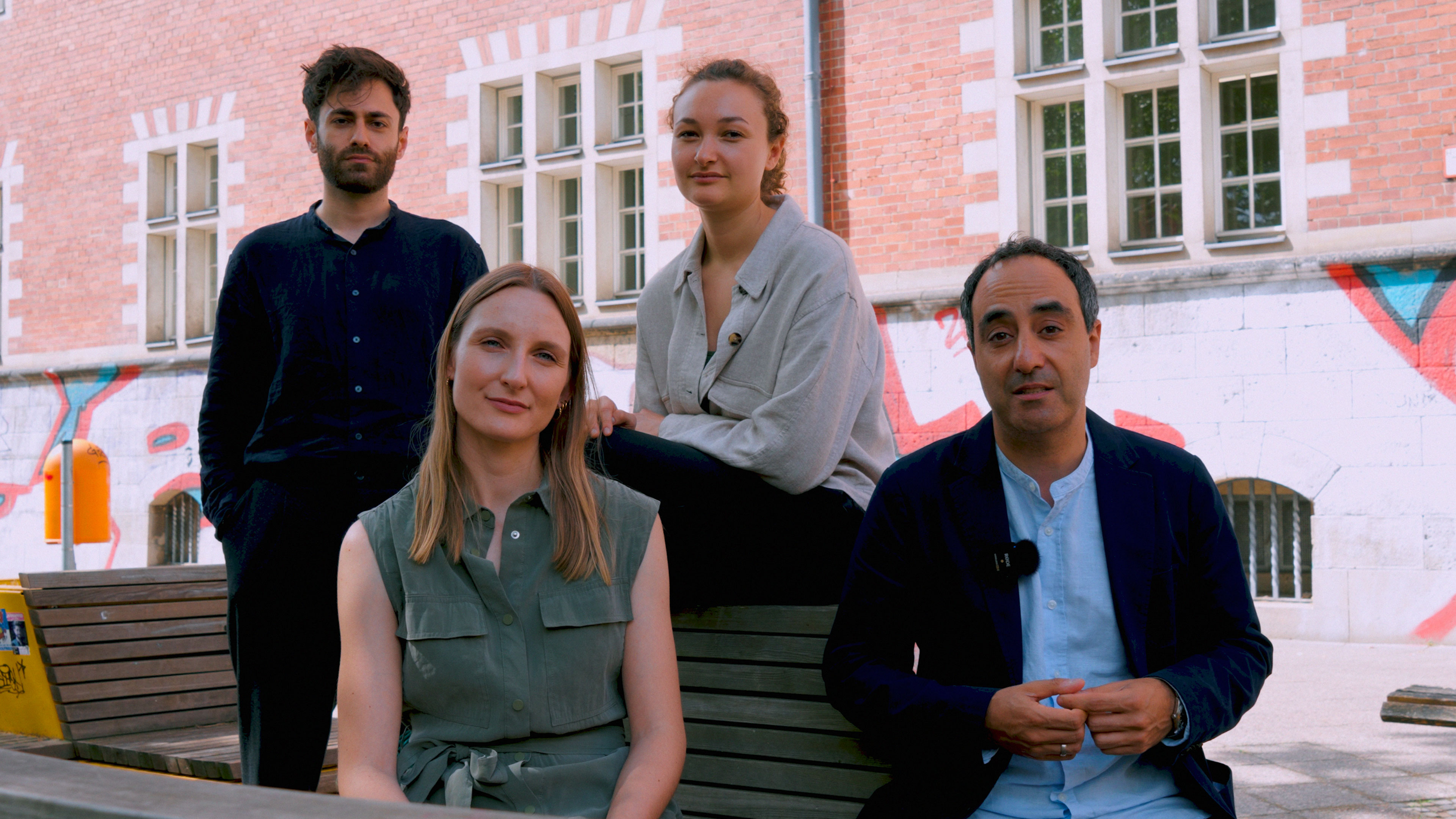
Project goals
The overarching goal is to give everyone in Germany the chance to live a self-determined life. The aim of the project is therefore to present the policy idea of start-up capital as a possible solution, to highlight attitudes within the population and to sensitise political decision-makers to the adjustments and effects that need to be considered if it is to be implemented. Our data is based on a representative nationwide population survey that we conducted with the market research service provider Verian.
The dwindling belief in the promise of upward mobility through performance is not exclusively a 'young' issue in Germany, which can be explained by a supposed lack of motivation. Our data indicates that this is a cross-generational concern that calls on the state to take greater responsibility for ensuring equal opportunities for all.
First findings
- Almost three quarters of respondents believe that in Germany, one’s family background too often determines one’s opportunities in life.
- Two-thirds believe that it is now virtually impossible to build up wealth on one’s own in Germany.
- Just as many people say that financial start-up assistance for young people could help to strengthen equal opportunities.
- Overall, 71% of Germans believe that the state should do more to ensure that everyone has the same starting opportunities in life.
Publications
- Studies
The Initial Capital
Opportunities are unevenly distributed in Germany. Despite considerable efforts, many people are unable to build up the wealth that would enable them to live a self-determined life. To reduce inequality of opportunity, we propose an Initial Capital that would empower socially disadvantaged individuals to make self-determined decisions.
Read now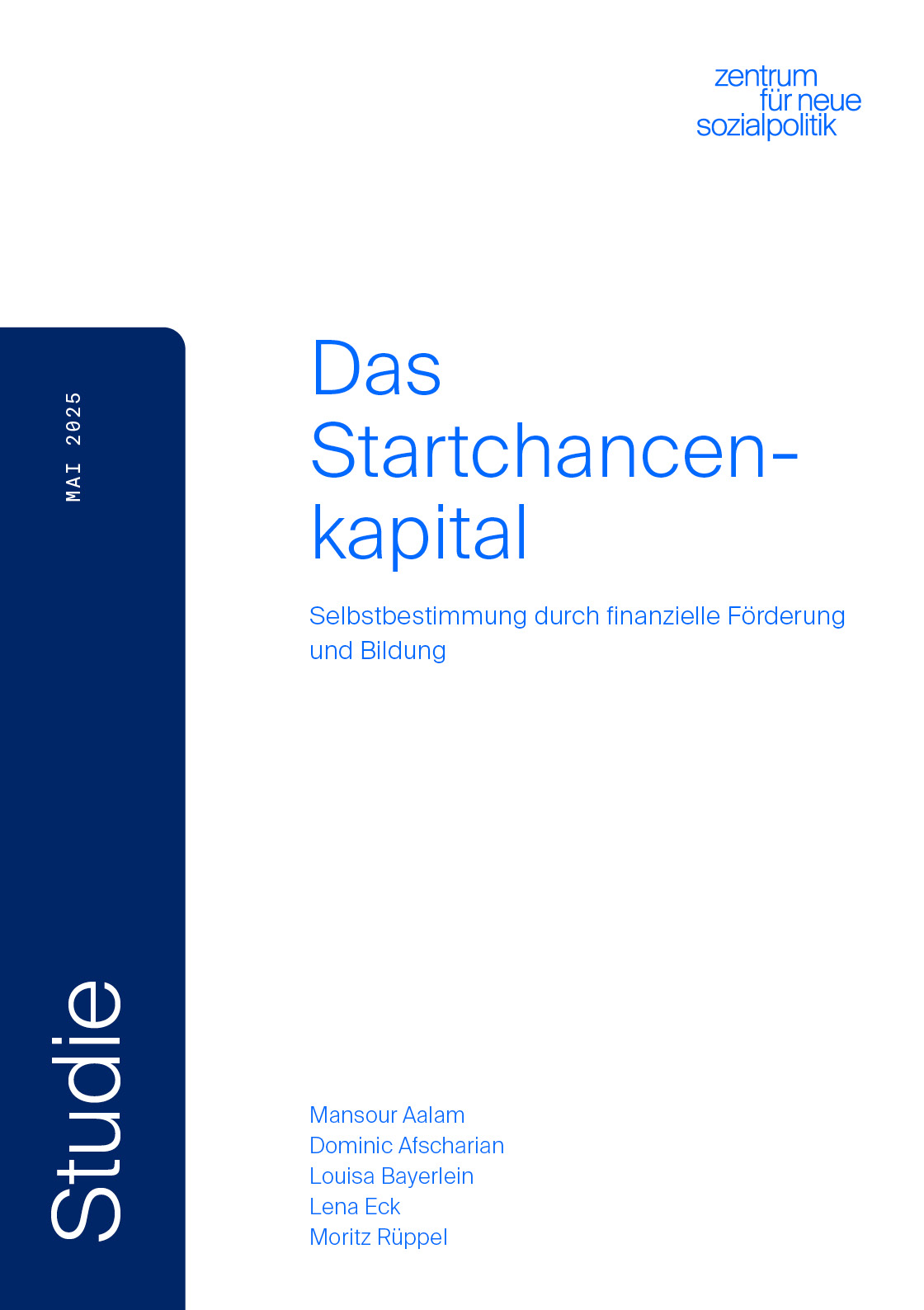
- Discussion Paper
Low Trust in Politics, Lack of Participation
Trust in politics and political participation are unevenly distributed in Germany: our analysis of the ALLBUS population survey shows that unemployed people and those who have experienced unemployment are more distrustful of political institutions and politicians and less interested in voting.
Read now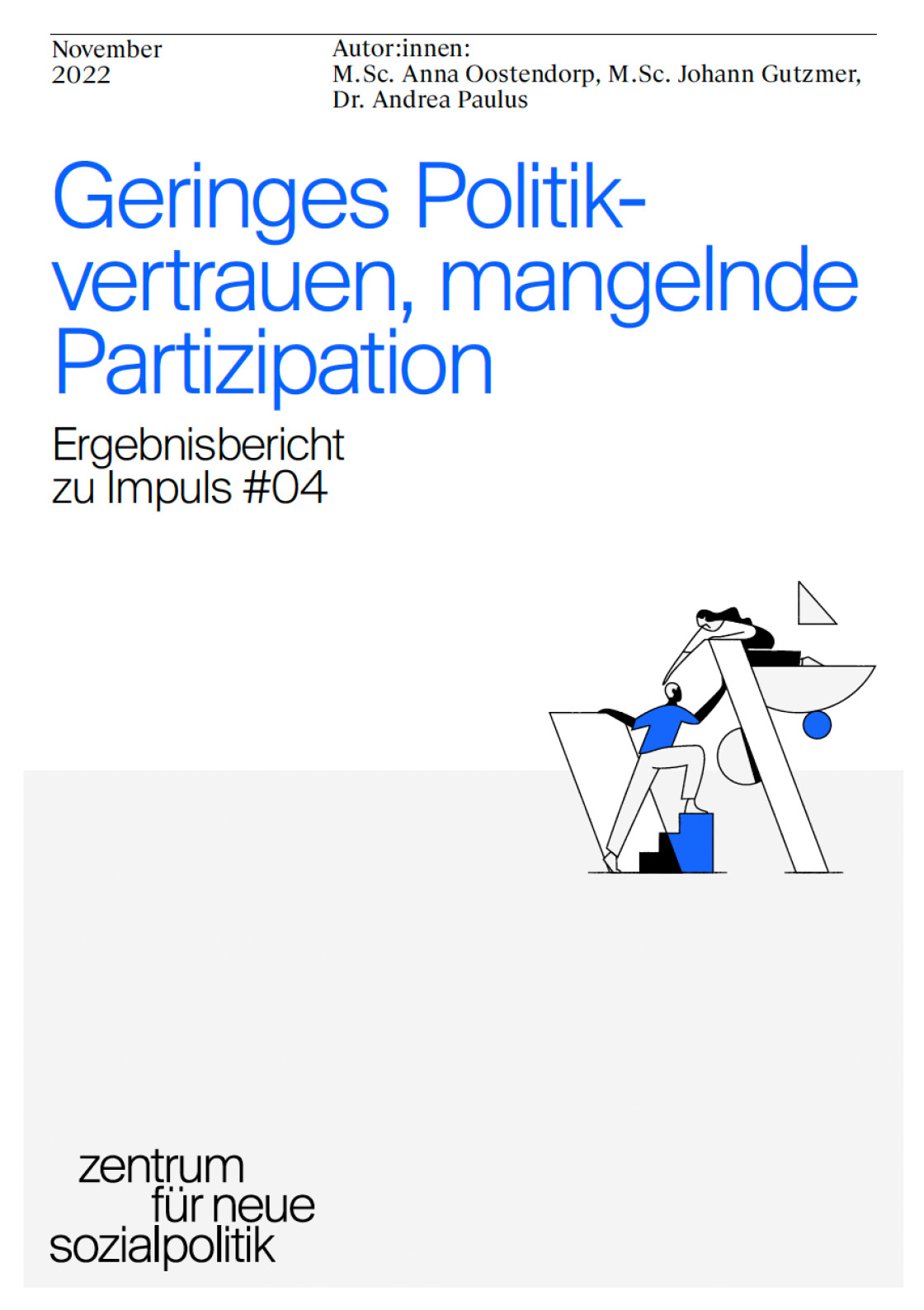
Team
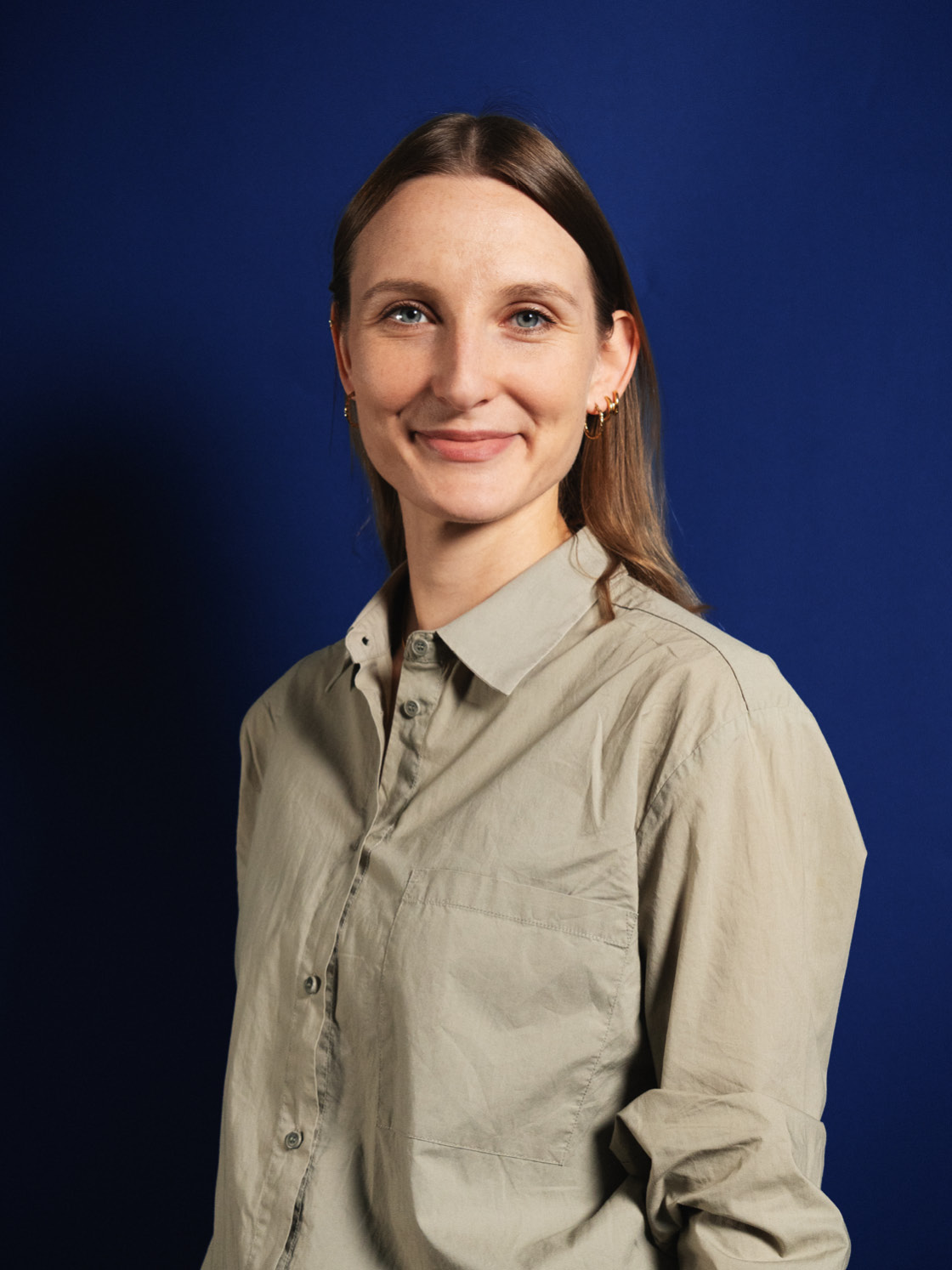
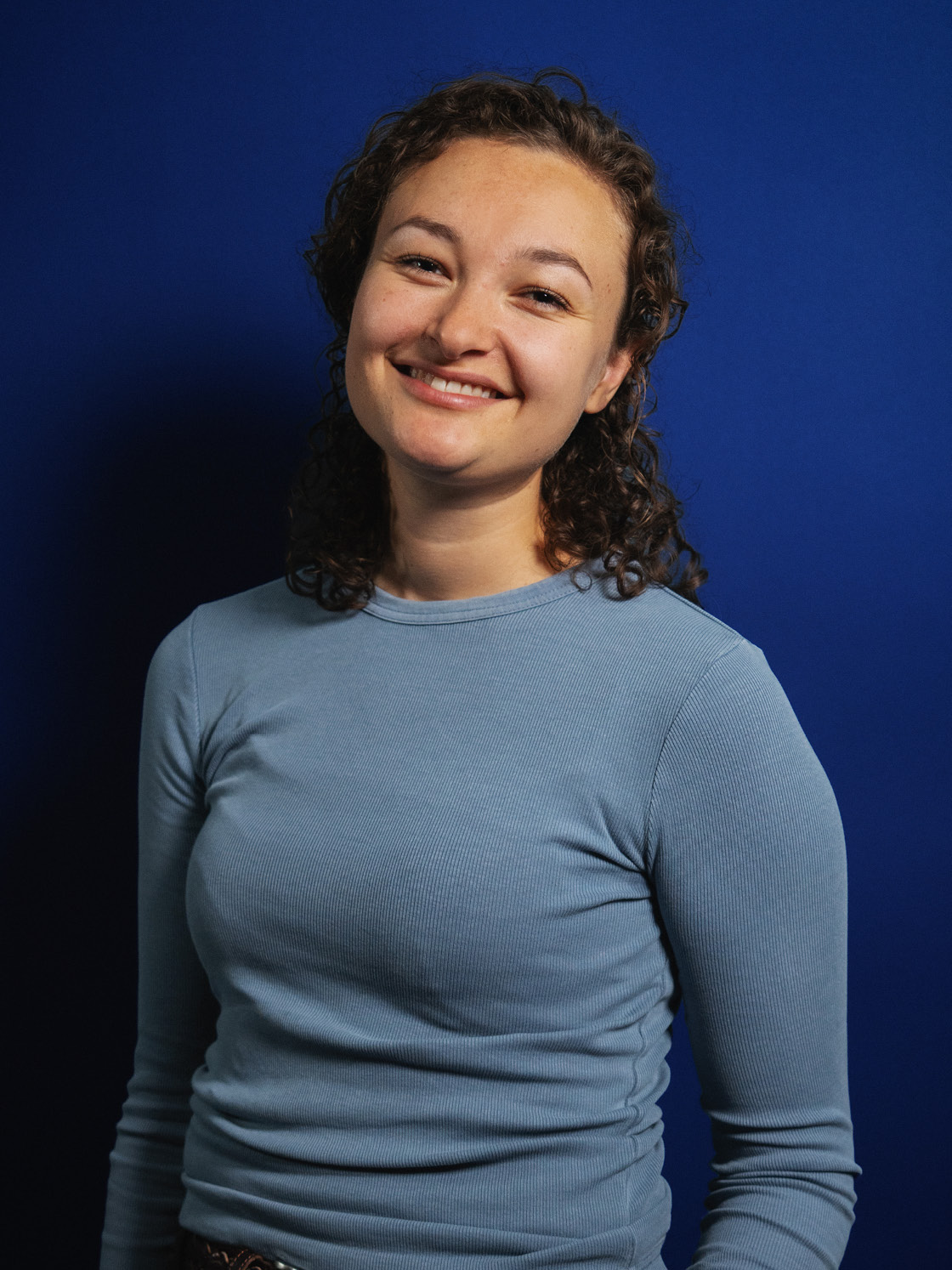
Laura Bänsch
Project Assistant
Laura Bänsch supports the ZSP as a project assistant. With in-depth research and daily monitoring, she keeps track of the socio-political situation. In addition to her work at the ZSP, she is studying political science at the University of Potsdam, where she is pursuing a master's degree.

Moritz Rüppel
Moritz Rüppel heads the Sustainable Welfare State division. His work focuses on the political and strategic orientation of the department, proactively setting the agenda for the topics it addresses, and transferring research findings to the parliamentary and pre-political arena. Moritz also represents the department in dealings with political actors.

